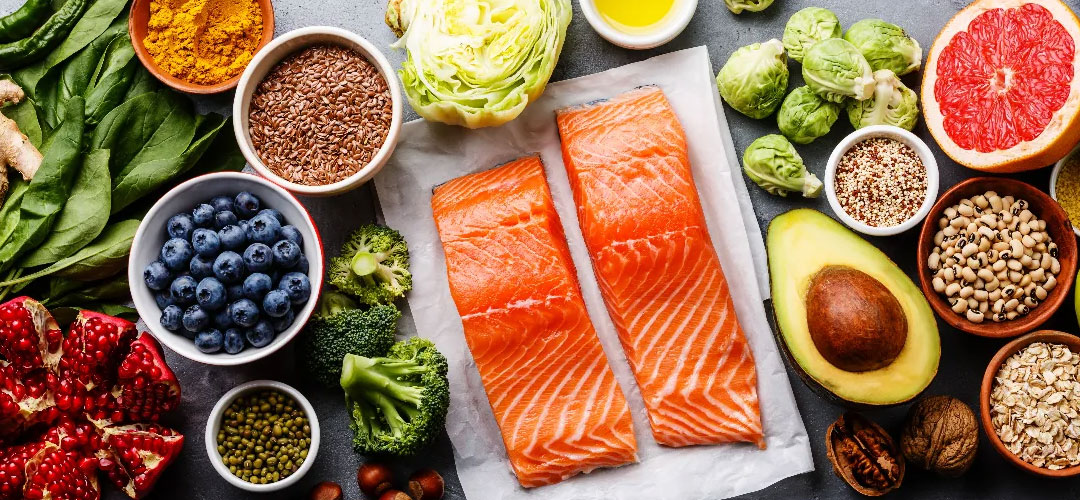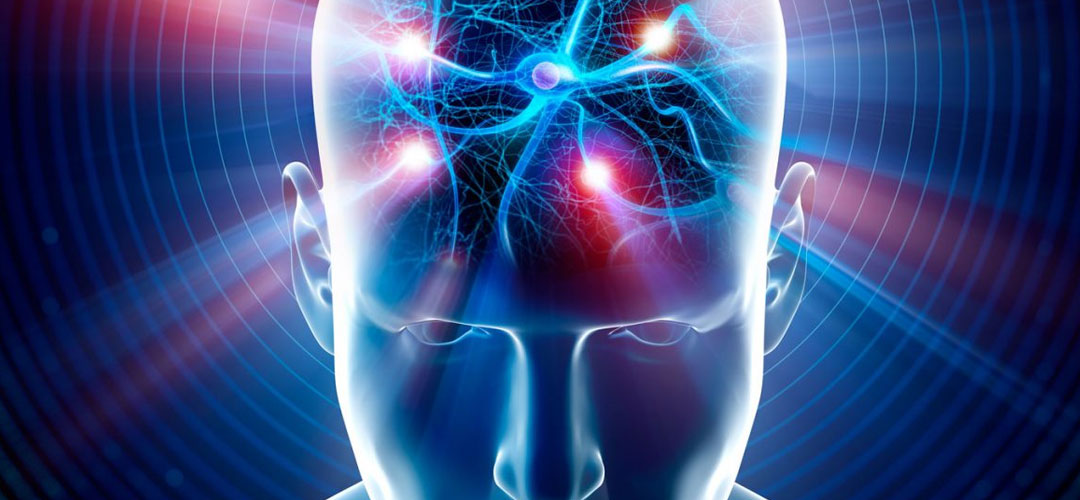
Manganese is a crucial mineral that plays a significant role in maintaining bone health, along with supporting various bodily functions.
This blog will explore the importance of manganese, its benefits, and how to ensure you're getting enough in your diet.
• What Does Manganese Do for the Body?
Manganese is involved in several critical processes, including bone formation, metabolism of carbohydrates and fats, and the synthesis of enzymes necessary for antioxidant defence. It also supports wound healing and helps in the regulation of blood sugar.
• Function of Manganese
The function of manganese is integral to bone health, as it aids in the formation of bone cartilage and connective tissue. Manganese is also a cofactor for enzymes that protect cells from oxidative damage, making it essential for overall cellular health.
• Role of Manganese in the Human Body
The role of manganese in the human body extends to several vital functions, such as supporting bone development, enhancing nutrient absorption, and participating in the synthesis of neurotransmitters important for brain function.
• Why is Manganese Important?
This mineral is crucial for maintaining strong bones, efficient metabolism, and a healthy nervous system. A deficiency in manganese can lead to weakened bones, impaired growth, and other health issues.
• Symptoms of Manganese Deficiency
Symptoms of manganese deficiency may include bone weakness, joint pain, fatigue, impaired growth, and neurological issues such as mood changes or cognitive difficulties. Recognising these symptoms early can help in addressing the deficiency before it leads to more severe health problems.
• Manganese Health Benefits
The manganese health benefits are extensive, particularly for bone health. Manganese is necessary for the production of enzymes involved in bone formation and maintenance. Additionally, it contributes to the regulation of blood sugar levels, antioxidant defence, and energy metabolism, making it essential for overall well-being.
• Manganese Rich Foods
Incorporating manganese-rich foods into your diet is the best way to ensure adequate intake. Some excellent sources include:
-
- Whole grains (brown rice, oatmeal)
- Nuts and seeds (almonds, sunflower seeds)
- Leafy green vegetables (spinach, kale)
- Fruits (pineapple, blueberries)
- Legumes (beans, lentils)
These foods can help you meet your daily manganese requirements naturally.

• Manganese Supplements
Manganese supplements are available for individuals who may not get enough manganese from their diet. While most people can meet their needs through food, supplements may be necessary for those with specific deficiencies or dietary restrictions. It's important to consult a healthcare provider before starting any supplement regimen. Lily & Loaf’s Multi-Vits and Minerals contains 100μg of manganese per capsule.
• Conclusion
Manganese is an essential mineral with significant benefits for bone health and various other bodily functions. By incorporating manganese-rich foods into your diet and understanding the symptoms of deficiency, you can ensure you’re meeting your body's needs. If you suspect you're not getting enough manganese, consider speaking with a healthcare provider about the potential need for supplements. Maintaining proper manganese levels is key to supporting a healthy and active lifestyle.



